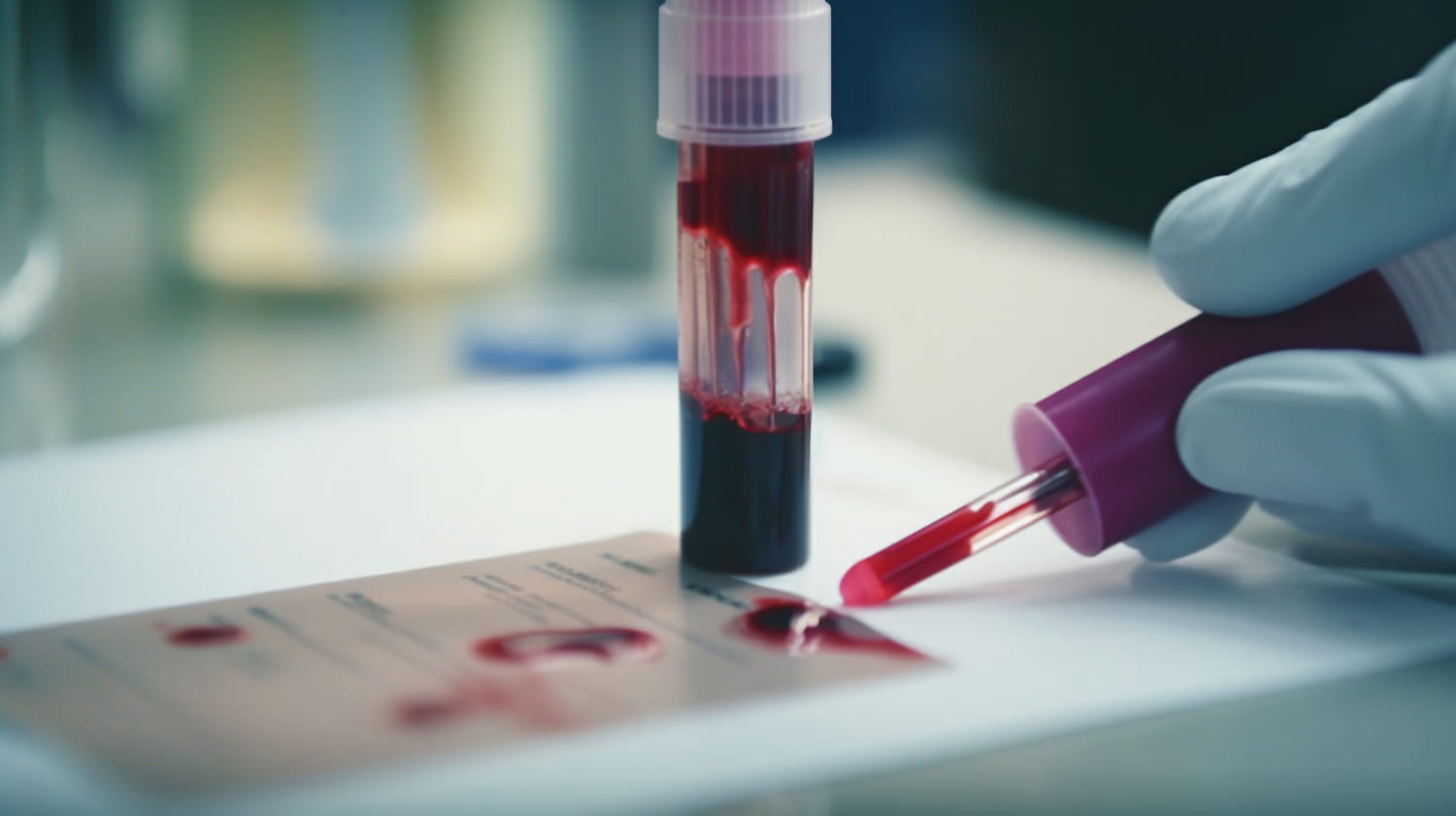Are some people more fragile because of their blood type? We asked the question to Professor Jean-Daniel Tissot, hematologist and former dean of the Faculty of Biology and Medicine in Lausanne.
A, B, AB, O… The blood group is specific to each individual. Several studies have been carried out on “blood group and health”. Some have shown that blood type could influence the risk of memory problems, cancer and even life expectancy. Can it also have an impact on the immune system? Based on this, are certain people with blood group A, B or O naturally more or less resistant to infections and diseases?
The idea of one blood type being “weaker” than another is intriguing. For Professor Jean-Daniel Tissot, hematologist and former dean of the Faculty of Biology and Medicine of Lausanne, the reality is nuanced. “There are differences in susceptibility to certain diseases” he confirms. Blood groups depend on genetic markers located on the surface of cells. “Group O has a certain advantage against certain infections, but it also presents an increased risk of clotting disorders” explains Professor Tissot. Vice versa, “Individuals in groups A, B and AB are more exposed to cardiovascular diseases and thromboses”. Research reported in recognized scientific journals, such as Frontiers in Immunology, has also shown that people in group A have a statistically increased risk of developing an infection or more severe forms of viral diseases such as Covid-19, compared to individuals in group O.
These differences are real, but “they are based on epidemiological trends, not absolute truths” tempers our interlocutor. Also, according to him, they are not enough to make a group “a poor immune student”. These variations are also geographical: “The distribution of blood groups is not the same in Europe, Africa or Asia”. Comparisons must therefore be made with caution, because “the apparent “weakness” of a group depends on the infectious and environmental context”.
The Rhesus, for its part, does not play “no role in immune defense against infections” adds our interlocutor. Its importance lies elsewhere: in Rh-negative women, an incompatibility with an Rh-positive fetus can cause hemolytic disease of the newborn. A rare situation today thanks to screening and prevention. In conclusion, no group is doomed to get sick more often. All are the fruit of evolution and have their strengths. “In daily life, blood type plays only a minor role in health“, reminds the hematologist. Let us therefore remember that it is our behavior, and not our genes, which determine the strength of our immunity.










